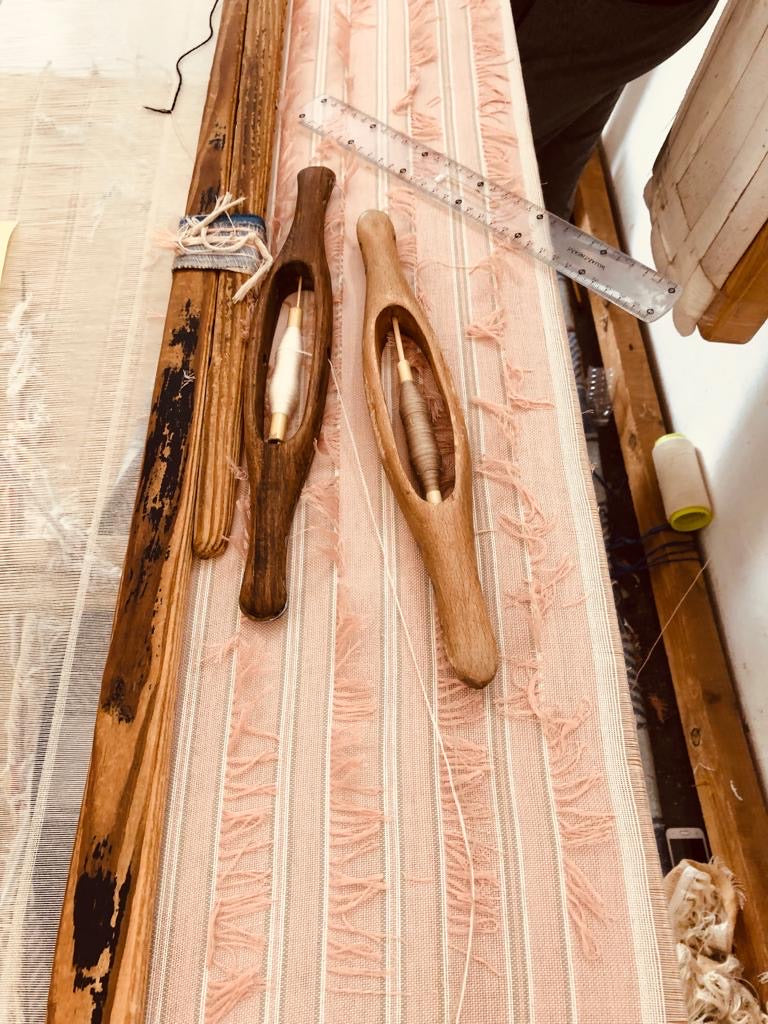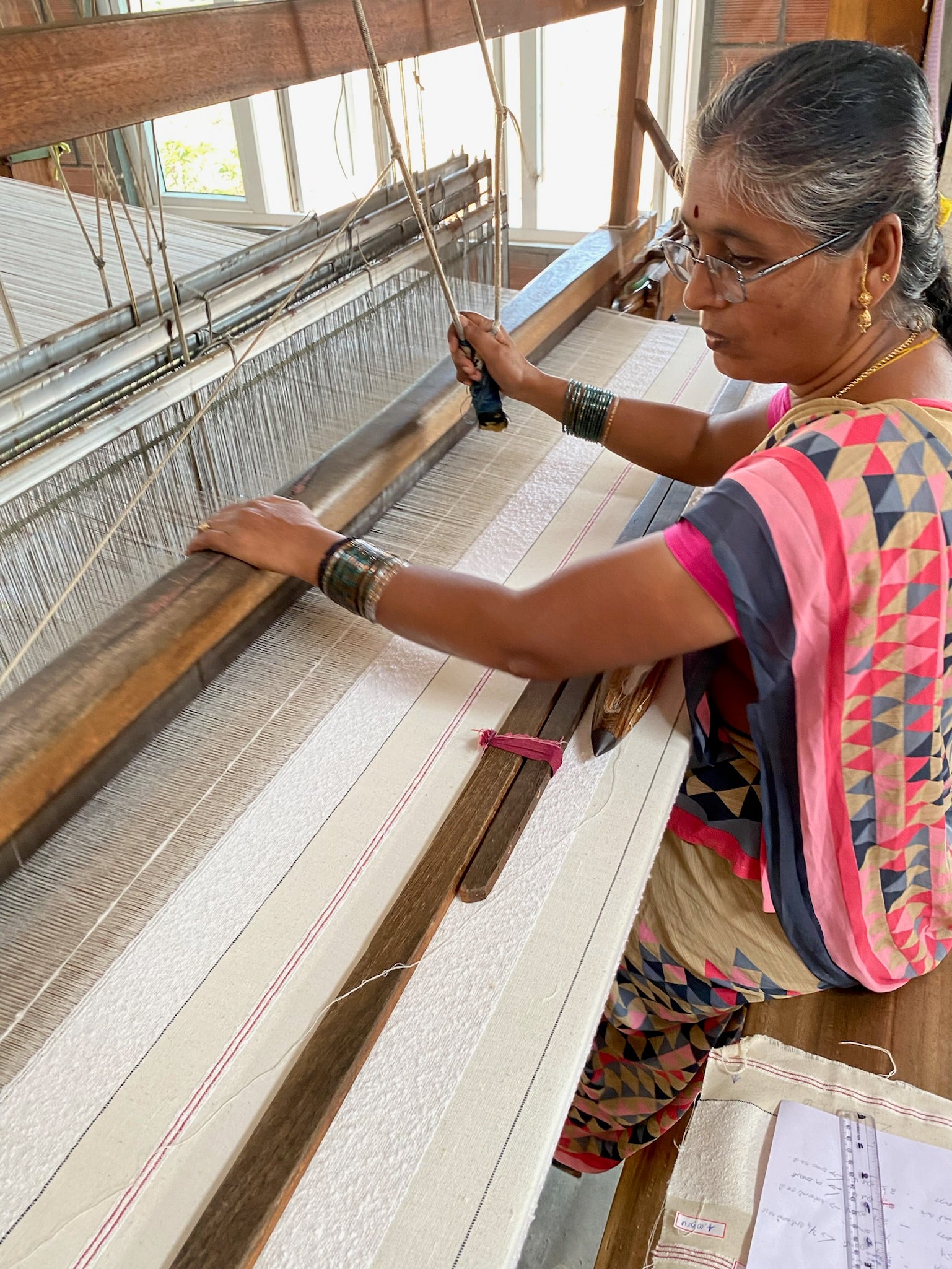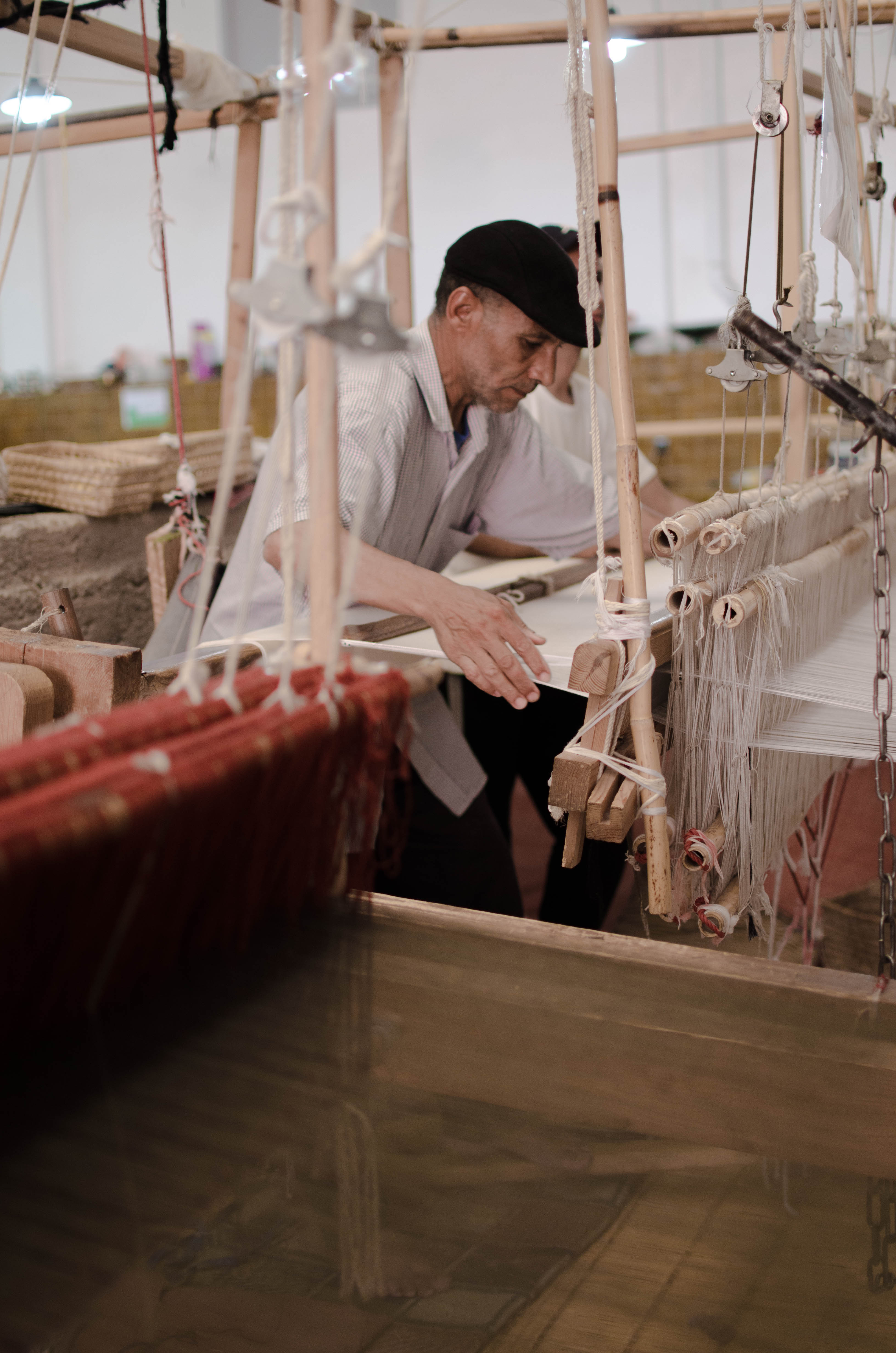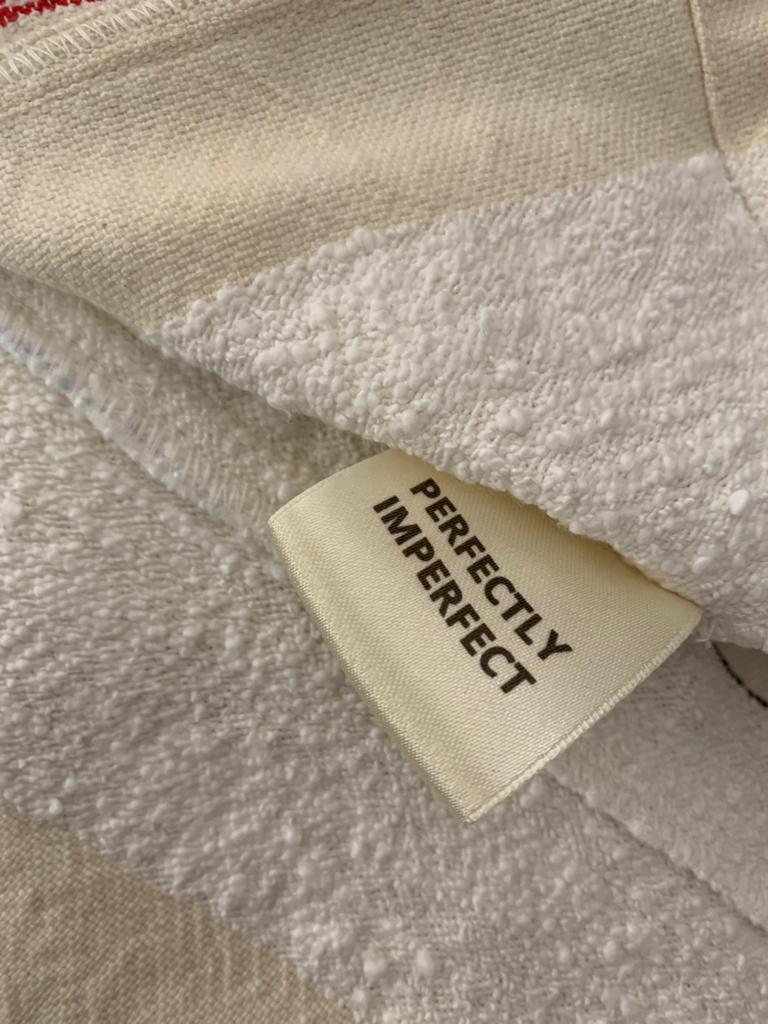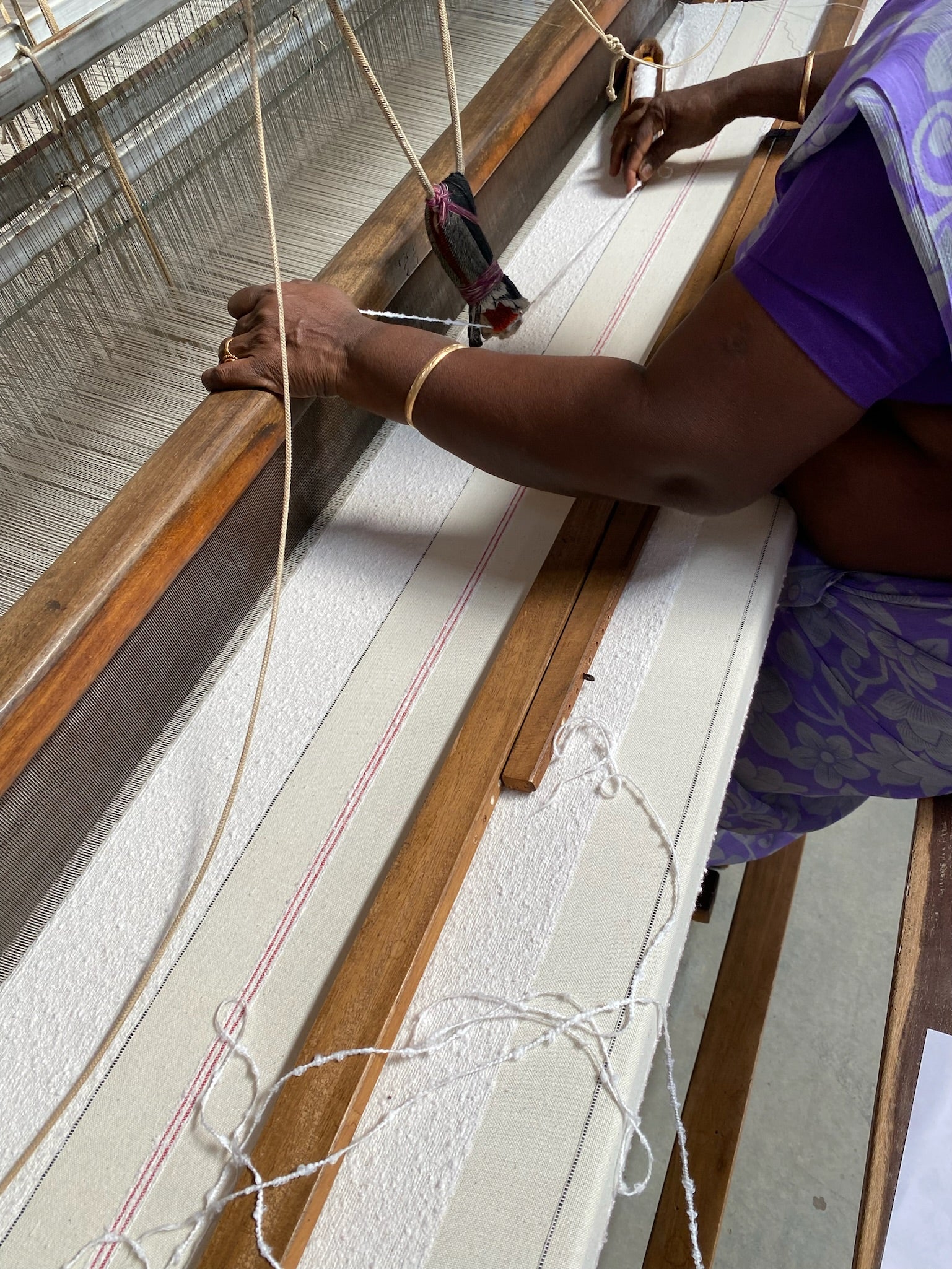“It's the time you spent on your rose that makes your rose so important... People have forgotten this truth, but you mustn't forget it. You become responsible forever for what you've tamed. You're responsible for your rose.” ~ Antoine de Saint-Exupéry
Meet our suppliers
Knowing and supporting our makers
At ILIO NEMA, we honour all our relationships.
We value all their partner relationships: not as purely transactional, but mutually beneficial.
Our mantra is "quality over quantity" and this applies not only to our physical product, but also to establishing and deepening our partnerships. We concentrate on nurturing selected partners and on establishing good relationships with people who are willing to commit to with us for the long term.
Currently we have two supply partners with whom we have built a strong rapport over many years, and we know they treat their staff with respect.
For more than a decade we have enjoyed visiting and talking with them in person. We see no better way to grow these relationships and continue to be inspired. Travel, cultivating relationships and working with unique fabrics have fired the passion that brought ILIO NEMA to life.

